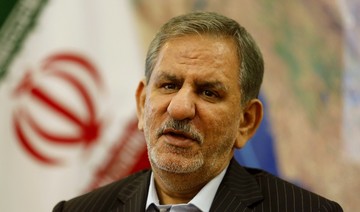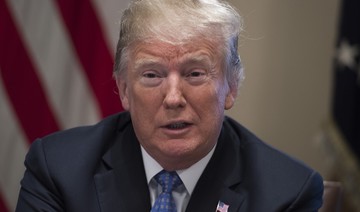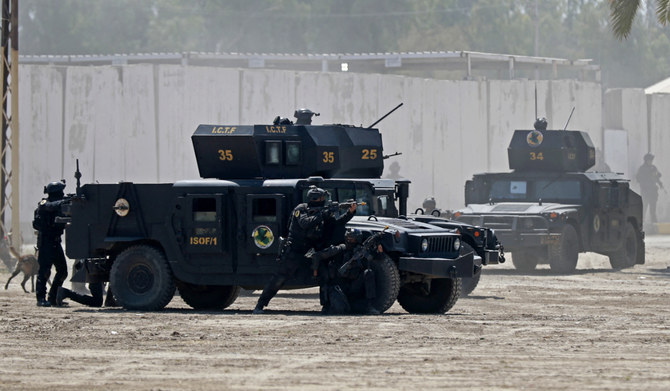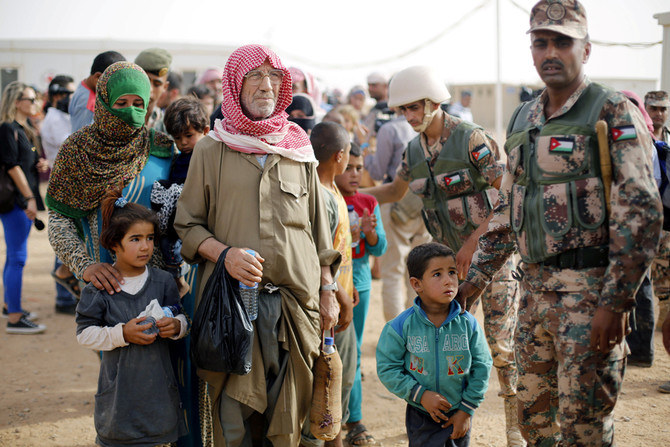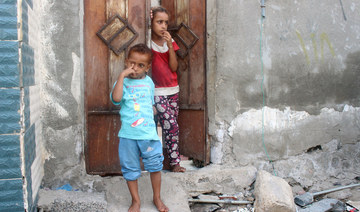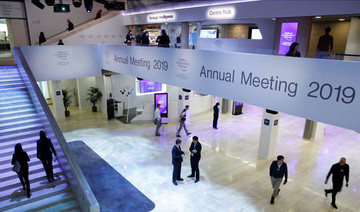LONDON: Leading German firms from the transport and telecom sectors are pulling out of their projects in Iran as new US sanctions take a toll on foreign investors in the country.
Rail operator Deutsche Bahn and Deutsche Telekom said they would end their involvement because the American measures state that firms investing in Iran would be barred from doing business with the United States.
The German firms are the latest European companies to suspend investments in Iran after the sanctions came into effect last week.
Oil giant Total, as well as carmakers PSA, Renault and Daimler, have already said they will withdraw from projects in Iran.
Harvard scholar and Iranian affairs expert, Majid Rafizadeh, said the Iranian regime is in deep trouble at home as the sanctions are working.
“More companies and firms are halting — and will continue to halt — their business deals with Iran,” he told Arab News. “Foreign investors are also withdrawing. This is significant due to the fact that many foreign investors have invested billions of dollars in Iran’s debt market as Tehran’s economy is cash-strapped.
“On the surface, Iran’s leaders are brushing aside the sanctions as trivial, but Tehran is significantly wary as the sanctions are affecting its economy negatively.
”If the Iranian regime does not alter its destructive behavior, the sanctions will cripple its economy,” Rafizadeh added.
Washington introduced the sanctions after Donald Trump decided earlier this year to pull the US out of the international agreement with Iran to curb its nuclear program in exchange for an easing of sanctions.
The US president said that while the deal has been in place, Tehran has continued to develop its ballistic missiles and pursued an aggressive foreign policy of supporting militias in countries across the Middle East.
The first raft of sanctions have focussed on stopping Iran from purchasing US dollars and precious metals as well as targeting the automotive sector among others.
A second wave planned for November will target the energy sector — the main source of state revenues.
European leaders have insisted on trying to save the nuclear deal but firms have already acted to avoid being caught up in the sanctions.
State-owned Deutsche Bahn is involved in two projects in Iran via its subsidiary DB Engineering&Consulting, a spokeswoman told Reuters on Thursday.
“Both projects will be ended in August and September 2018 respectively,” she said. “Due to the altered banking practice we have sought to bring the contract to an amicable and timely conclusion.”
Deutsche Bahn signed a memorandum of understanding with the Iranian rail operator Bonyad Eastern Railways (BonRail) in May 2017 for the first project, which aimed to identify and address potential in rolling stock and organization, she said.
The second project, which started around one-and-a-half years ago, was a consulting contract for Iranian state railway RAI that included restructuring the company, the spokeswoman added.
Separately, Detecon, a subsidiary of T-Systems — Deutsche Telekom’s IT services arm — has terminated its business in Iran. Detecon offers consulting services to companies in the telecommunications industry.
“Until the decision to stop operations was made, sales in Iran in 2018 amounted to around 300,000 euros,” he told Reuters.
“Given the sensitivity in relations with Iran worldwide, Detecon ended its business in Iran with immediate effect in mid-May 2018.”




